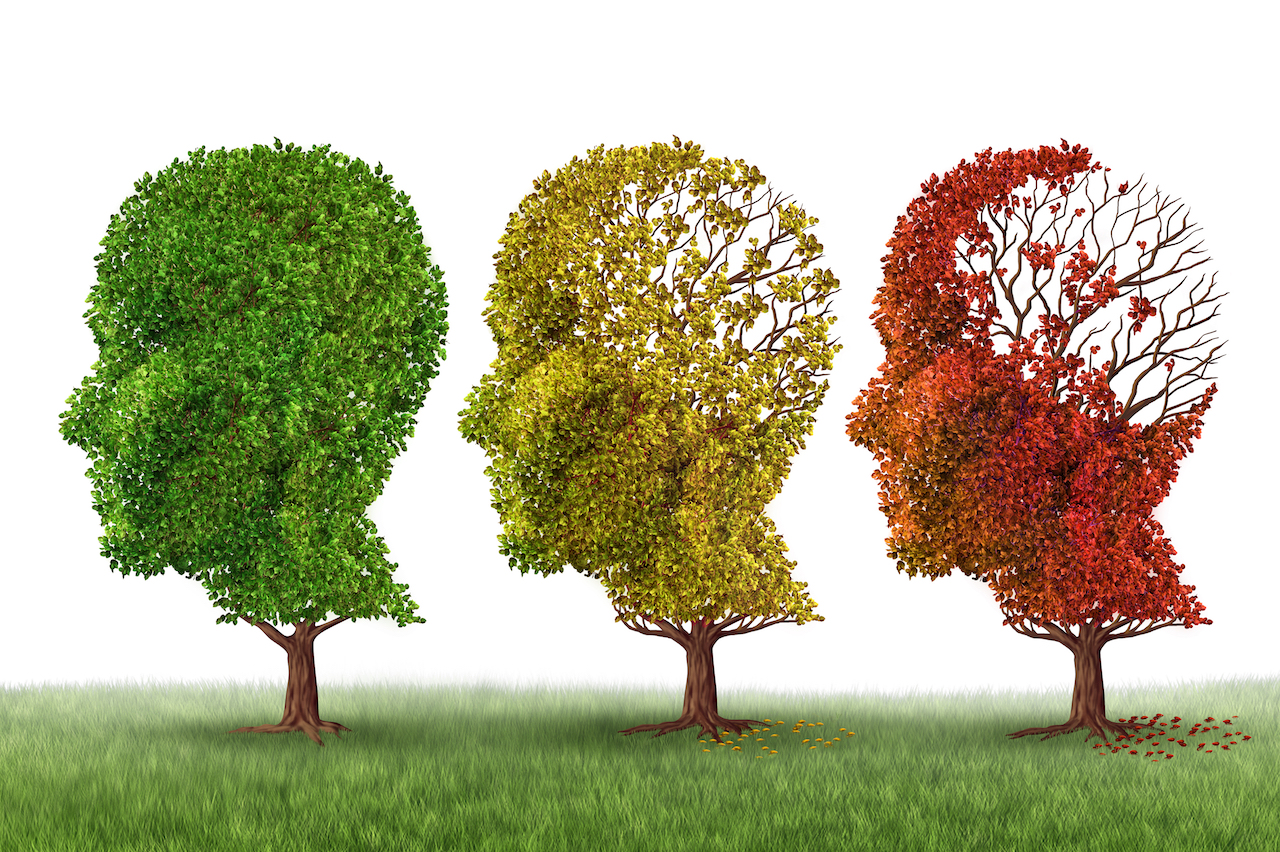Huntington’s disease is a progressive brain disorder in which parts of the brain stop working properly over time. It involves a loss of the ability to think properly, to regulate emotions and control movements. Adult-onset Huntington’s disease is the most common form of this disorder.
Early signs and symptoms may include irritability, depression, small involuntary movements, poor coordination, trouble learning new information or a difficulty in making decisions.
Many people with Huntington’s disease develop involuntary jerking or twitching movements, known as chorea. As the disease progresses, these movements become more pronounced. When this happens, they may have trouble walking, speaking, and swallowing.
People with this disorder also suffer changes in personality and a decline in thinking and reasoning abilities.
Symptoms include:
- Personality changes, mood swings and mental health conditions like depression.
- Forgetfulness and impaired judgment.
- Walking unsteadily and involuntary movements (chorea).
- Slurred speech, difficulty in swallowing and weight loss.
Risk factors
The condition has a strong genetic component. If you have the Huntington’s disease defect gene, you’ll develop the disease at some point. Huntington’s disease is known as an autosomal dominant disorder, which means you only need one copy of the gene to be at risk.
Treatment
To date, there is no cure for Huntington’s disease but there are ways to treat it’s symptoms. This includes medication to reduce uncontrolled movements and psychiatric disorders. There are also certain therapies that help, alongside medication. The treatment that you receive will depend on the stage of the disease and on your own response to medication. It is likely to change over time.
When it comes to medication, your doctor may prescribe drugs like haloperidol, tetrabenazine and amantadine, which help to control unusual movements caused by Huntington’s disease. Antidepressants and anti-anxiety medication help to regulate mood and relieve depression and suicidal thoughts. Haloperidol and tetrabenazine also provide some relief from hallucinations and delusional thoughts brought on by the condition.
Your mouth muscles could become impaired because of Huntington’s disease. This affects the way you speak. Speech therapy can be helpful in teaching you ways around this. For mental health problems, psychotherapy could be useful, while physical therapy benefits balance and coordination.
Where can you find support?
A diagnosis is difficult, more so once you begin to experience symptoms that come with it. Support and treatment are your keys to coping.
Your options include:
- Joining local associations like the Huntington’s Disease Association of South Africa which runs support groups and hosts online communities.
- Care facilities (if your disease becomes too severe for your family to care for you on their own).
- Local community support groups.
- Online forums where people with the condition provide support and help to one another.
References:
- https://www.mayoclinic.org/diseases-conditions/huntingtons-disease/symptoms-causes/syc-20356117
- https://www.myvmc.com/diseases/huntingtons-disease-huntingtons-chorea/
- http://hdsa.org/what-is-hd/
- https://my.clevelandclinic.org/health/diseases/14369-huntingtons-disease/management-and-treatment
- https://www.mayoclinic.org/diseases-conditions/huntingtons-disease/diagnosis-treatment/drc-20356122
- https://huntingtons.org.za/
- https://ghr.nlm.nih.gov/condition/huntington-disease
- https://www.mayoclinic.org/diseases-conditions/huntingtons-disease/diagnosis-treatment/drc-20356122
- https://www.nhs.uk/conditions/huntingtons-disease/
- https://www.mayoclinic.org/diseases-conditions/huntingtons-disease/symptoms-causes/syc-20356117

